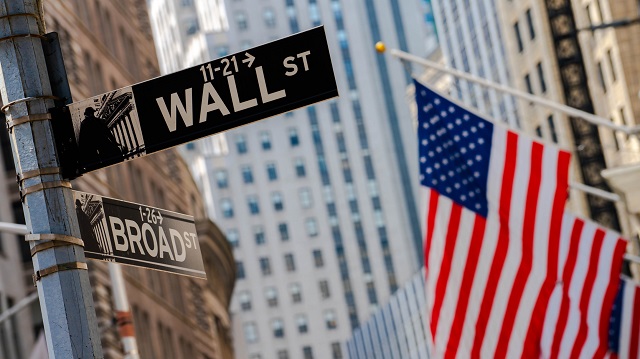
New York, UK | Xinhua | Wall Street’s major averages eked out modest gains in the week as investors monitored updates about a U.S. coronavirus stimulus bill, while poring through a batch of key economic data.
For the week ending Friday, the Dow inched up 0.1 percent, the S&P 500 rose 0.2 percent, and the Nasdaq advanced 0.8 percent.
The S&P U.S. Listed China 50 index, which is designed to track the performance of the 50 largest Chinese companies listed on U.S. exchanges by total market cap, logged a weekly gain of 1.7 percent.
Wall Street experienced choppy trading this week with the major indexes suffering three straight sessions’ losses from Tuesday to Thursday, as investors fretted over the uncertain fate of a U.S. coronavirus stimulus bill.
Hopes that more COVID-19 relief aid would come to fruition before the election were dimmed as U.S. lawmakers continued to send mix signals about the development.
“While optimism remains over an eventual stimulus bill, it appears unlikely that we’ll get one before the election,” said Kevin Matras, analyst at Zacks Investment Research. He added that the absence of an imminent deal would remove the immediate upward catalyst for the market.
The equities managed to close mostly higher on Friday after data showed U.S. retail sales came in stronger than expected.
U.S. retail sales climbed 1.9 percent in September, the Department of Commerce reported on Friday. Economists polled by MarketWatch had forecast a 1.2 percent increase.
“There’s a lot of healing in that chart, but the healing process has slowed,” Chris Low, chief economist at FHN Financial said in a note, adding “there is still obvious damage in the economy.”
Meanwhile, investors were cautious as weekly U.S. jobless claims remained elevated.
U.S. initial jobless claims, a rough way to measure layoffs, increased by 53,000 to 898,000 in the week ending Oct. 10, the Department of Labor reported on Thursday. Economists polled by MarketWatch had forecast new claims to fall to 825,000.
Earnings season kicked off this week, with banks leading the charge. Most of the banks that have reported so far delivered better-than-expected results, largely helped by improved credit quality and continued capital markets momentum.
JPMorgan Chase reported third-quarter earnings on Tuesday that beat market consensus as a rebound in global markets lifted the bank’s trading revenue.
Goldman Sachs and Citigroup also reported quarterly results that exceeded consensus estimates. Bank of America’s earnings topped expectations, while overall revenue missed estimates.
“Insofar as banks are a proxy for the economy’s health, the outlook for growth is likely better than most think,” Mitch Zacks, CEO at Zacks Investment Management, said in a note on Saturday.
Looking ahead, experts said investors would have to brace themselves for continued volatility.
“Market volatility is set to continue in the weeks ahead as investors brace for a host of uncertainties, including the timing of vaccine availability, the size and timing of additional U.S. fiscal stimulus, and the election outcome,” said Mark Haefele, chief investment officer at UBS Global Wealth Management.
*****
Xinhua
 The Independent Uganda: You get the Truth we Pay the Price
The Independent Uganda: You get the Truth we Pay the Price



